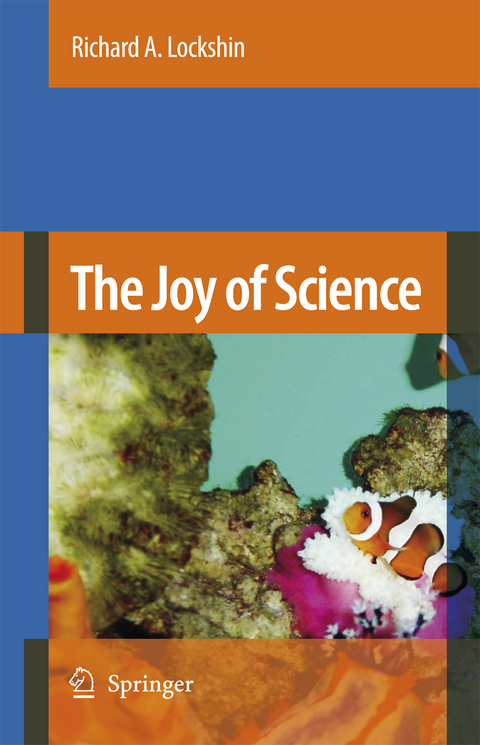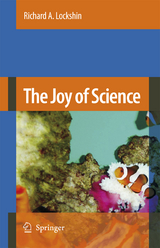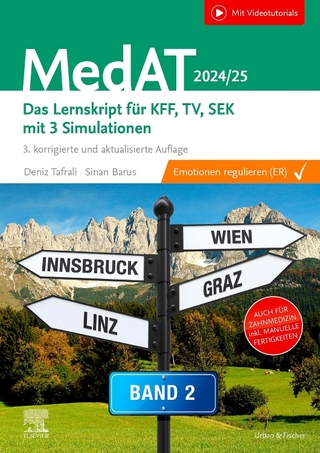The Joy of Science
An Examination of How Scientists Ask and Answer Questions Using the Story of Evolution as a Paradigm
Seiten
2007
|
2007 ed.
Springer-Verlag New York Inc.
978-1-4020-6098-4 (ISBN)
Springer-Verlag New York Inc.
978-1-4020-6098-4 (ISBN)
No wonder that many researchers feel that each new day is the most exciting day to be a scientist. It is difficult for the scientist to understand a life not focused on the desire to understand.
Scientists have great passion. What could be more exhilarating than to go to work every day feeling as if you were once again a nine-year-old called up to he stage to help the magician with his trick? To be a researcher is to always be in the position of having the chance to see how the trick works. No wonder that many researchers feel that each new day is the most exciting day to be a scientist. It therefore is not surprising that scientists have such trouble communicating with non-scientists. It is difficult for the scientist to understand a life not focused on the desire to understand. But the differences are not that. Everyone wants to understand; that is one of the factors that make us human. The difference is more that scientists limit their definition of comprehension to specific rules of logic and evidence. These rules apply and are used in everyday life, but often with less rigor or restrictions on evidence.
Scientists have great passion. What could be more exhilarating than to go to work every day feeling as if you were once again a nine-year-old called up to he stage to help the magician with his trick? To be a researcher is to always be in the position of having the chance to see how the trick works. No wonder that many researchers feel that each new day is the most exciting day to be a scientist. It therefore is not surprising that scientists have such trouble communicating with non-scientists. It is difficult for the scientist to understand a life not focused on the desire to understand. But the differences are not that. Everyone wants to understand; that is one of the factors that make us human. The difference is more that scientists limit their definition of comprehension to specific rules of logic and evidence. These rules apply and are used in everyday life, but often with less rigor or restrictions on evidence.
Chapter 1: The Origin of the Earth and of Species of Animals and Plants as Seen Before the Enlightenment.- Chapter 2: The Seashells on the Mountaintop.- Chapter 3: Aristotle’s and Linnaeus’ Classifications of Living Creatures.- Chapter 4: Natural Selection: the Second Half of Darwin’s Hypothesis.- Chapter 5: Darwin’s Hypothesis.- Chapter 6: The stuff of Inheritance: DNA, RNA, and Mutations.- Chapter 7: The Story of our Planet.- Chapter 8: Competition Among Species.- Chapter 9:The Importance of Disease.- Chapter 10: The Evolution of Humans
| Erscheint lt. Verlag | 21.11.2007 |
|---|---|
| Zusatzinfo | XI, 440 p. |
| Verlagsort | New York, NY |
| Sprache | englisch |
| Maße | 155 x 235 mm |
| Themenwelt | Medizin / Pharmazie ► Studium |
| Naturwissenschaften | |
| ISBN-10 | 1-4020-6098-X / 140206098X |
| ISBN-13 | 978-1-4020-6098-4 / 9781402060984 |
| Zustand | Neuware |
| Haben Sie eine Frage zum Produkt? |
Mehr entdecken
aus dem Bereich
aus dem Bereich
Das Lernskript für kognitive Fähigkeiten und Fertigkeiten, …
Buch | Softcover (2023)
Urban & Fischer in Elsevier (Verlag)
45,00 €




